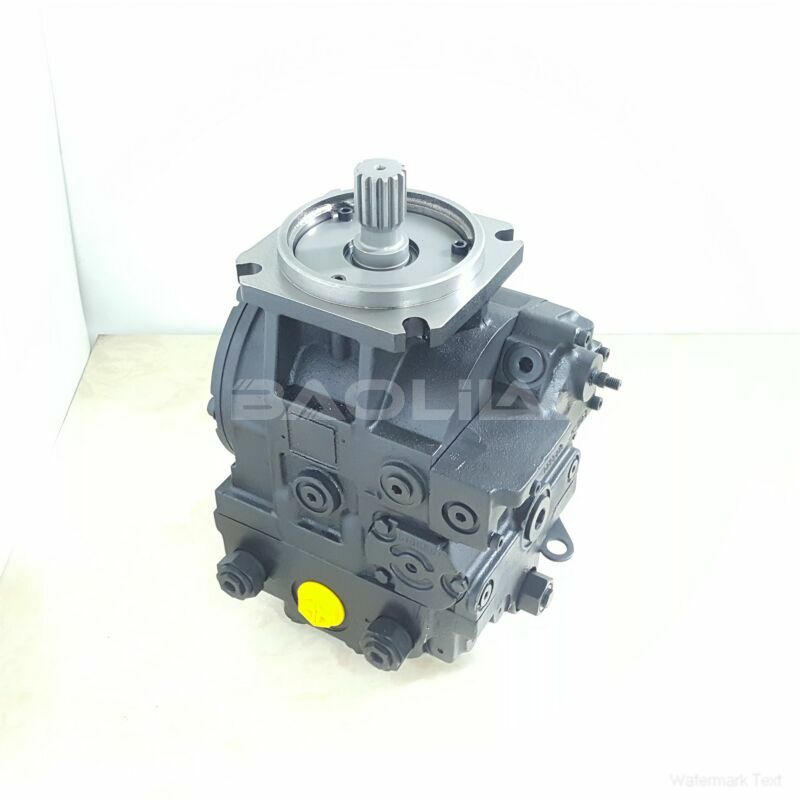90R055KA1NN60P3T1C03EBC381424 danfoss pump
90R055KA1NN60P3T1C03EBC381424 danfoss pump

- Product Details
- Applicable Scene
Hydraulic pumps play a critical role in various industrial applications, particularly in fluid handling systems. These pumps are essential for circulating fluids, whether for hydraulic machinery, cooling systems, or lubrication processes. Understanding the different types and functions of hydraulic pumps can significantly enhance efficiency and productivity in industrial settings.
90-R-055-KA-1-NN-60-P-3-T1-C-03-EBC-38-14-24
90R055KA1NN60P3T1C03EBC381424
At the core of fluid handling systems, hydraulic pumps transform mechanical energy into hydraulic energy by moving fluids through pipes, hoses, and valves. This transformation is vital for countless operations, from powering hydraulic cylinders to delivering lubricants and cooling fluids in heavy machinery. The choice of hydraulic pump depends on several factors, including fluid type, flow rate, pressure requirements, and the specific application it is intended for.

9421725
There are several types of hydraulic pumps commonly used in industrial applications, including gear pumps, piston pumps, and vane pumps. Gear pumps are known for their simplicity and robustness, making them suitable for high-pressure applications. Piston pumps, on the other hand, offer higher efficiency and are suitable for very high pressure, but they may be more complex and costly. Vane pumps provide a good balance of efficiency and cost, making them a popular choice for moderate pressure applications. Each type has its own advantages and is suited for specific conditions, making it essential to evaluate the requirements of the system before selecting the appropriate pump.
Moreover, the selection of hydraulic fluids is equally vital, as these fluids must withstand high pressures and temperatures. Common hydraulic fluids include mineral oils, water-based solutions, and biodegradable fluids. The choice of fluid affects not only the performance of the pump but also the overall efficiency and longevity of the hydraulic system. Proper maintenance and monitoring of hydraulic fluids are essential to prevent degradation, which can lead to pump failure and costly downtime.





